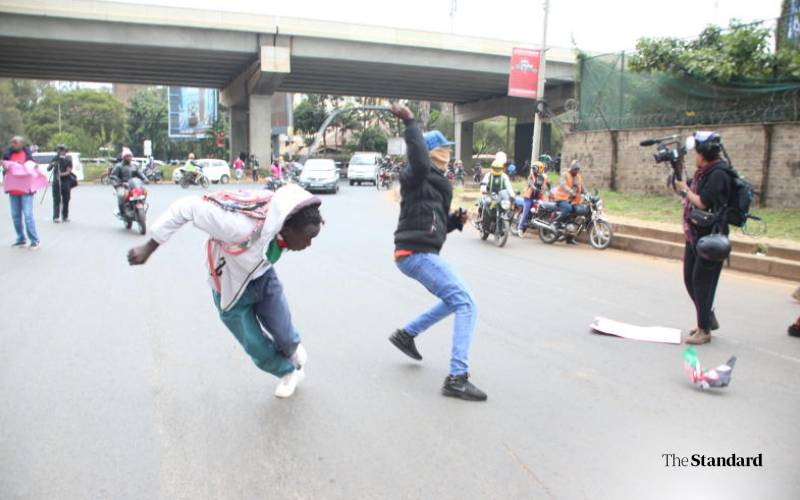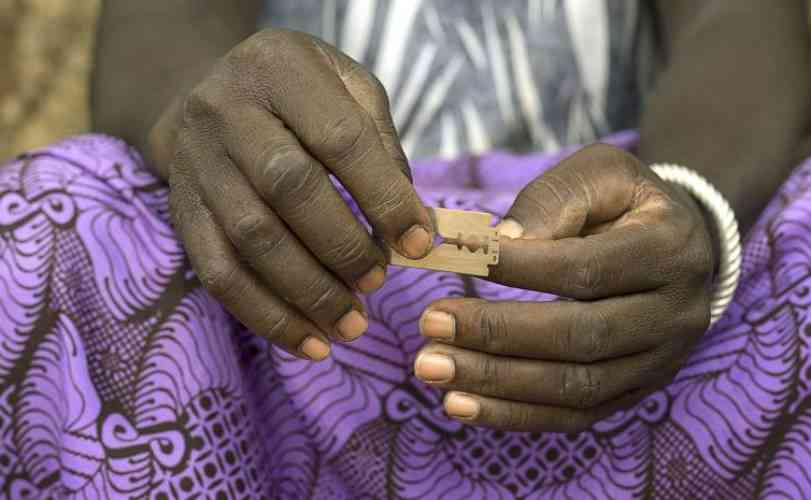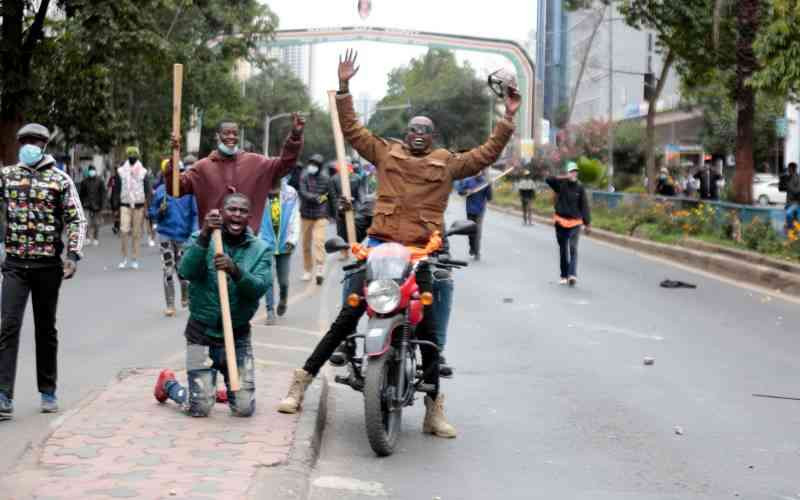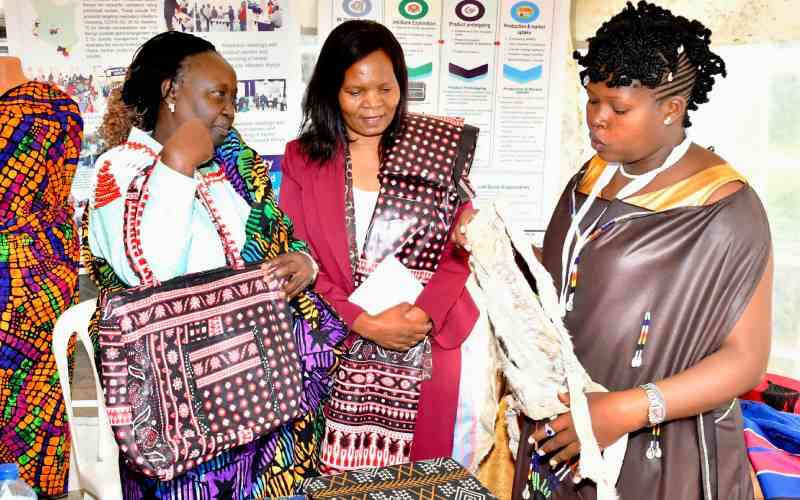
State sponsored goons whipping journalists and protestors along Waiyaki Way during Justice For Ojwang Protests on June 17, 2025. [Kanyiri Wahito, Standard]
The near-total anarchy witnessed in Nairobi last Tuesday should worry us. And learn lessons. What began in Sudan as a militia proxy to crush rebellion has mutated into a monstrous force seeking domination of a country.
The Janjaweed of Sudan, once a paramilitary tool of the state, has now turned its guns on the very system that created it. From helping suppress demands for justice and equality in Darfur to laying siege on Khartoum in pursuit of total control, the Janjaweed’s journey is not just a Sudanese tragedy; it is a warning to all fragile democracies flirting with militarised politics, state-sponsored violence, and outsourcing of repression to hired thugs.
At the heart of Sudan’s unfolding disaster is a pattern familiar to many African states: when leaders fear dissent, they do not engage in dialogue. They deploy violence. And when security forces appear insufficient, or too professional, they recruit informal actors: militias, gangs, or political goons masquerading as “patriotic defenders.”
These actors are promised protection, power, and payoffs. But in time, they begin to demand more. They begin to believe in their own indispensability. They stop obeying and start dictating. That is how states implode. The Janjaweed’s transformation into the Rapid Support Forces (RSF) and its current conflict with the Sudanese Armed Forces is a textbook case of this political Frankenstein. Initially tasked with helping the Omar Al Bashir regime in Sudan suppress rebellion in Darfur through brutal, ethnic-based violence, the Janjaweed were later integrated into the national power structure.
They were legitimised, given weapons, and entrusted with power. Eventually, they became co-architects of Omar al-Bashir’s ouster, part of a transitional government, and now tragically, the leading force tearing Sudan apart. The International Criminal Court issued a warrant of arrest against Al Bashir before he was ousted from office.




This pattern, tragically, is not confined to Sudan. It is alarmingly familiar to Kenyans, especially under the current political climate. We, too, are nurturing a dangerous culture of impunity, thuggery, and political gangsterism, under the guise of defending the government or protecting “national interests.”
When a state turns to street gangs, militias, or “hustler goons” to counter peaceful protest or political opposition, it signals the death of law and the birth of political banditry. It is primitive, retrogressive, and unsustainable. Worse still, it is short-sighted. The same goons hired today to fight demonstrators can be hired tomorrow to fight their political masters. Just as the Janjaweed turned their weapons against the state they once served, Kenya’s own culture of political mercenaries could spiral out of control, transforming local grievances into national instability.
In Kenya, political violence is often treated as theatre, a dramatic but harmless spectacle around election cycles. But behind this casual acceptance is a dangerous normalisation of criminality. From Mungiki to Jeshi la Mzee, and now the rising wave of political goon squads appearing at rallies, public forums, and protest sites, the message is clear: political power need not be earned through persuasion. It can be taken and protected by force.
This is a betrayal of our Constitution, our democracy, and our moral values. The right to peaceful assembly is not a favour; it is a right guaranteed by Article 37 of the Constitution. Suppressing it with violence is not only illegal, it is cowardly. Leaders who fear public dissent should examine their leadership, not unleash mobs on their citizens.
Sudan is showing us the inevitable outcome of ignoring these warnings. A country once full of promise is now bleeding because its leaders chose force over foresight, and tribal militia over national unity. That’s the road we, too, are flirting with.
Kenya must draw a hard line. We must demobilise political gangs, decriminalise protest, and hold accountable those who hire thugs to silence citizens. The state must lead by example, not by baton. Our future depends not on how well we can suppress opposition, but how boldly we can face criticism, reform, and rebuild trust in public institutions. The same fires burning Khartoum can, if unchecked, light Nairobi.